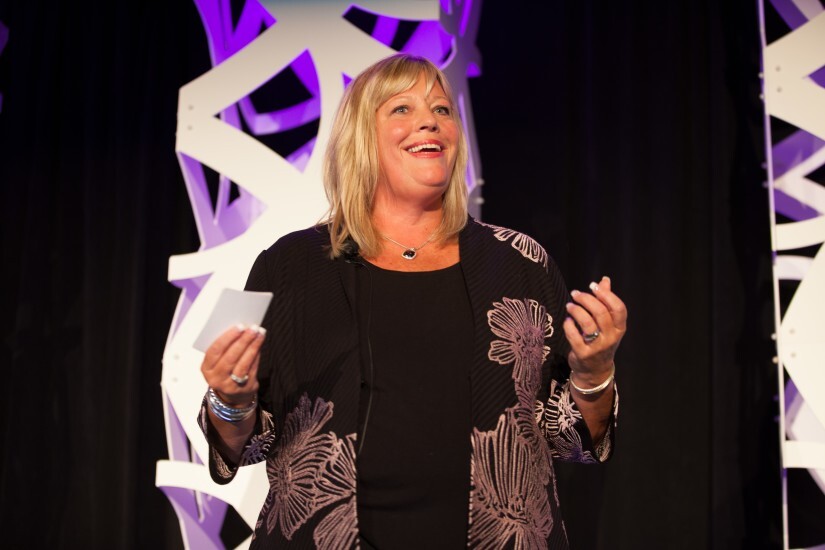The competitive threat posed by fintechs is going to get worse for banks over the next few years.
That was the consensus among fintech executives and even a few bankers attending SourceMedia's recent In|Vest West conference in San Francisco.
Though many banks have struck deals with fintechs, those partnerships appear increasingly under threat, with some firms suggesting they no longer need or want to deal with what they see as slow traditional players despite their entrenched advantages.
And while banks have stepped up their digital offerings and improved their mobile customer experience, it's not clear they can buy their way out of their problems, and many see them as continuing to fall further behind.
Following is a look at some of the technological challenges facing bankers.












